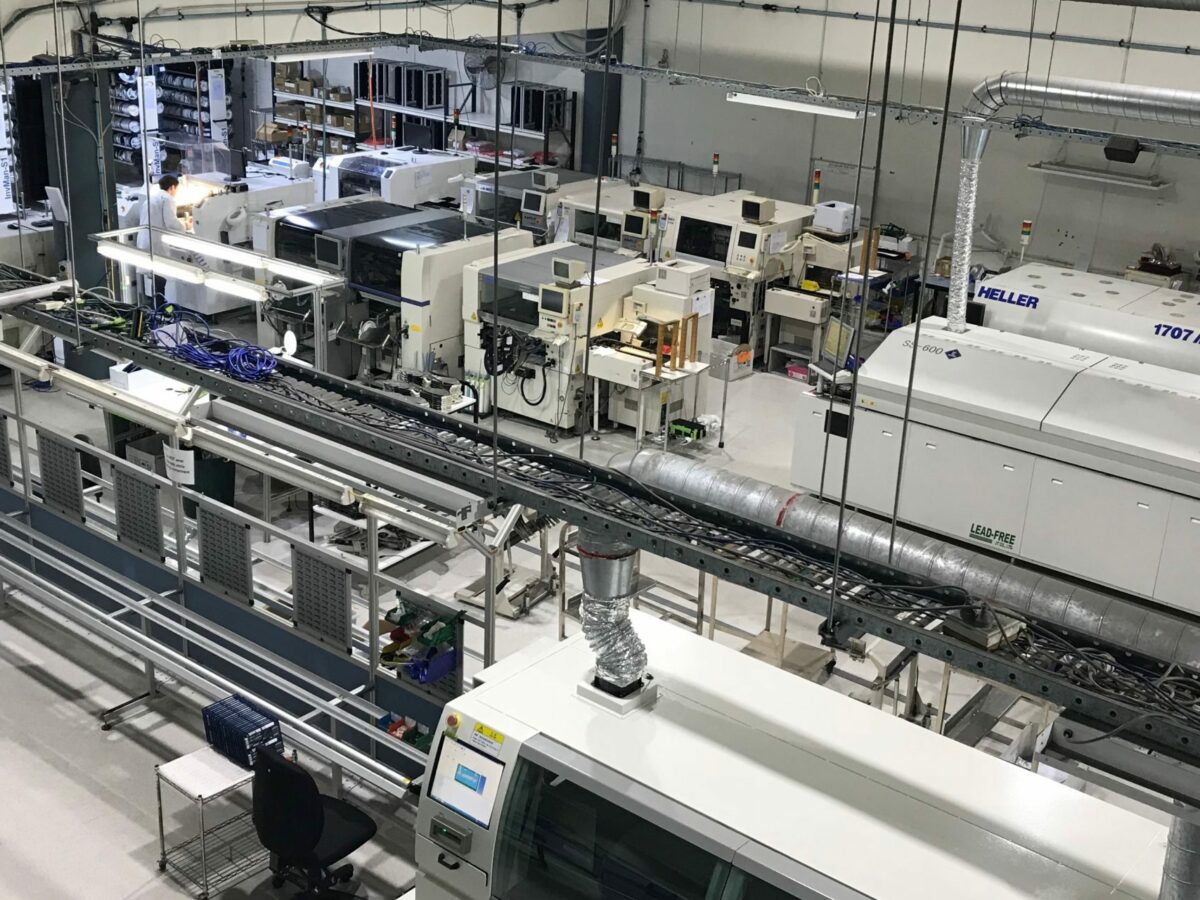Pull Future Made In Australia funding for failures, thinktanks say

Labor’s major plan to reinvigorate Australian manufacturing needs the ability to pull taxpayer funding from underperforming projects, industry thinktanks say.
The government’s $22.7 billion, decade long Future Made in Australia (FMiA) plan aims to make Australia ‘an indispensable part of the global economy’, however, criticisms have risen over points of policy uncertainty in achieving effective investments.
Budget has $22.7 billion for a Future Made in Australia over 10 years
In its submission to the Bill, industry thinktank Ai Group stated outright that in its current form, a Future Made in Australia lacks “sufficient degree of policy certainty to achieve its outcome of encouraging investment”.
Across almost 60 submissions to the Bill, other industry and interest groups put forth recommendations and suggestions to improve outcomes for the manufacturing industry, and despite different stand points many views converged on key points.
These were transparency on investments and the ability to pull from underperforming projects as well as a greater focus on ensuring local content requirements to boost domestic manufacturing.
The Business Council of Australia said this policy needs ‘firm guardrails’ as there is a “judicious use of taxpayer dollars”.
It said there should be no investment in any projects that can stand alone from the start with private investment or can’t stand alone without government support.
“There must be suitable ‘off ramps’ – the scope to withdraw or limit funds based on outcomes being missed or achieved,” it said in its submission.
The call for ‘off ramps’ was echoed by the Productivity Commission, who said they should be built into the policy’s core, and “support should be time-limited and withdrawn from activities and sectors…found not to be achieving their stated policy goals in a cost-effective way”.
However, the Australian Manufacturing Workers Union warned against the current proposal’s assessment process for investment sitting under the Treasury Department, warning it “has limited expertise in industry policy”.
The AMWU added that the Bill should implement ‘ambitious’ local content requirements.
Steel maker Sell & Parker reiterated the need for local content, stating “domestic manufacturing needs government support to incentivise procurement of local products”.
“Despite the numerous benefits of domestic manufacturing, the lack of sufficient demand drivers and mechanisms are preventing this industry from growing and becoming self-sustaining,” it added.
@aumanufacturing Sections
Analysis and Commentary Awards casino reviews Defence Gambling Manufacturing News Online Casino Podcast Technology Videos





